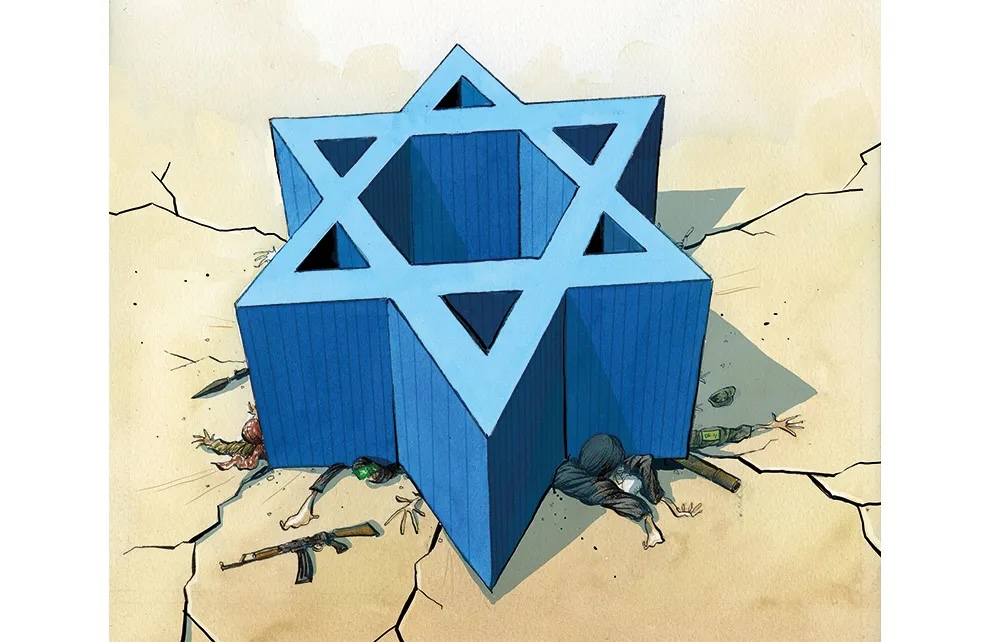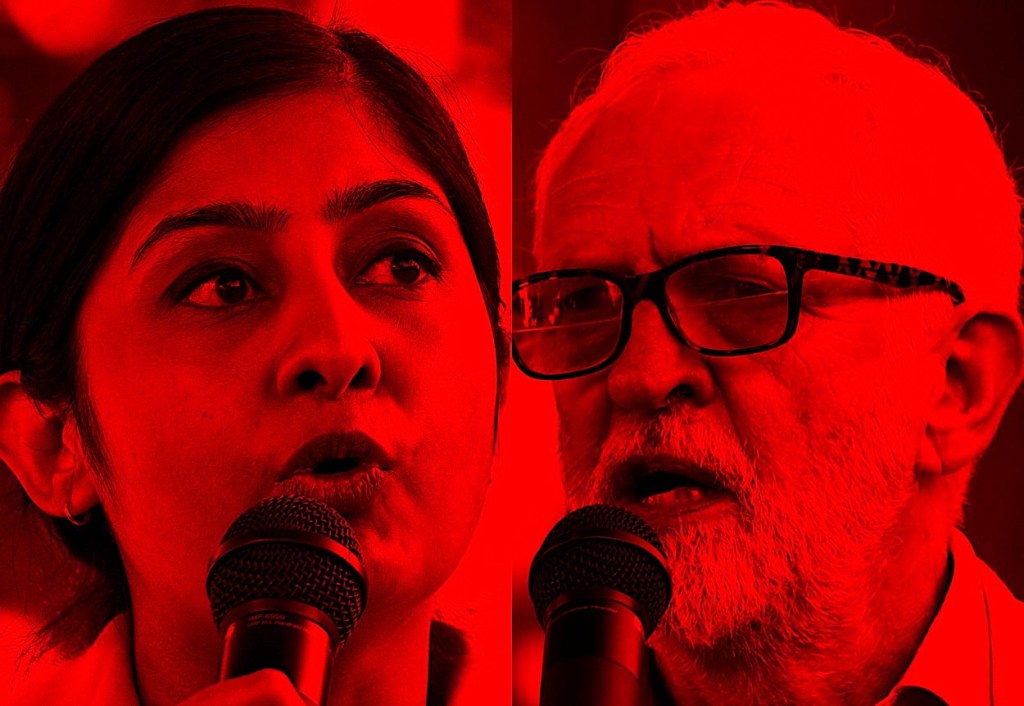A brief update from Agence France Presse underscores the shift in power in the Middle East. The report, citing a German source, tells us that Joe Biden ‘plans to meet the leaders of Germany, France and Britain in Berlin on Saturday to discuss the Middle East and Ukraine conflicts’.
On Saturday. It doesn’t exactly scream urgency, does it? It’s not that the desire to save Hamas, Hezbollah and ultimately Iran has waned among the US State Department, the European Commission and the UK Foreign Office, but that the unholy trinity of Middle East appeasers realise their hand is significantly weakened. Israel’s killing of Hassan Nasrallah and other senior Hezbollah commanders and its limited incursion into southern Lebanon not only put Iran on notice; it sent a blunt message to Washington DC, Brussels and London: your days of patrolling the parameters of Israeli self-defence are over. Concepts like military strength, the national interest, deterrence, and retribution might be regarded with urbane, cosmopolitan horror in the capitals of the West but in Jerusalem if you come for Israel, Israel is going to come for you.
It won’t be easy, but the State Department might have to reconcile itself to a more pro-American Middle East
The confab at Ramstein will likely not be about the reassertion of Israeli military independence per se but about how to limit the geopolitical fallout. If the worst kept secret about Israel is that it is a fully-fledged member of the nuclear club, the second worst kept secret is that it has stout, if not publicly acknowledged, relations with Saudi Arabia. Jerusalem and Riyadh have common interests, not least countering Iran’s quest for regional hegemony, and were on the brink of a normalisation deal on the eve of 7 October. Mohammed bin Salman (MBS) reportedly said, according to the Atlantic: ‘Do I care personally about the Palestinian issue? I don’t, but my people do, so I need to make sure this is meaningful.’ The Crown Prince’s office has since challenged the accuracy of the quote – ah, that old PR chestnut – but it conforms to other noises coming out of the Kingdom, such as comments on normalisation from MBS and Prince Khalid bin Bandar, and an FT report from March suggesting low-level officialdom was discouraging pro-Palestinian activism among Saudis.
While the United States under Biden and the yesterday nations of Europe continue to view the Middle East through their twin doctrines of Iran appeasement and two-state solutionism, Gulf states like Saudi Arabia and the United Arab Emirates understand – as Israel does – that western good intentions are a dangerous indulgence in this region, and that responsible statecraft means stability, and stability means dealing firmly with Tehran and its proxies. In taking out the entire Hezbollah leadership in the space of a week, Israel has made a counter offer to Foggy Bottom liberalism. It is this: stability through strength.
Israel isn’t trying to sideline the United States, for it knows that the road to Israeli-Saudi normalisation still runs through the Oval Office, but it is trying to strengthen its hand for when the current hostilities come to a pause and the subject of regularising relations with Jerusalem can be safely raised again in the Kingdom and other Muslim nations. When that day comes, Israel will sit across from its Saudi counterparts as a significantly stronger regional power, one that has eliminated or severely weakened some of their shared enemies, and that presents the opportunity for a new regional order based on Israeli-Saudi dominance. Right now, the decision makers in Washington would not countenance such a scenario but the closer Jerusalem and Riyadh drift together the harder it will be to deny them. It won’t be easy, but the State Department might have to reconcile itself to a more pro-American Middle East.
The Ramstein gathering will undoubtedly discuss how to impede or retard the regional power shift Israel has started. As the conservative commentator Andrew Klavan notes mordantly: ‘I just hope Israel can save western civilisation before western civilisation can stop them.’ Truth be told, Israel isn’t in the business of saving western civilisation, it’s in the business of saving itself. It just so happens that doing so benefits a western civilisation that is busy dismantling itself. In hammering senior Islamist terrorists into the ground, Israel is taking a cudgel to both the handwringing accommodationism of the western liberal and the vengeful utopianism that defines the western leftist. It is redeeming the virtues of sovereignty, strength, and stability – and it’s winning.








Comments